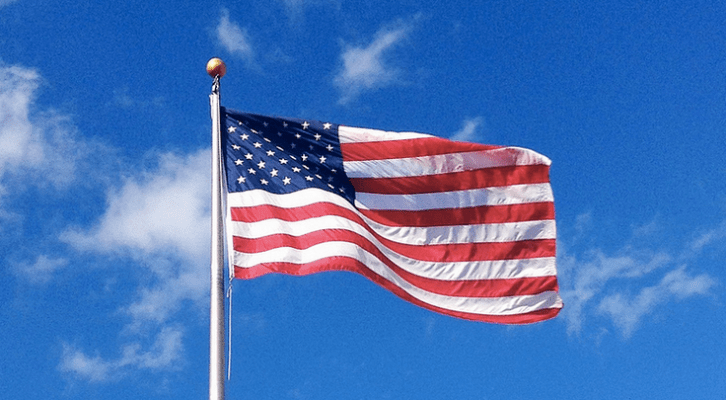The U.S. reiterated its stance in favor of a multistakeholder model for Internet governance today. Speaking before the Internet Corporation for Assigned Names and Numbers (ICANN), U.S. Secretary of Commerce Penny Pritzker said that the United States will “not allow the global Internet to be co-opted by any person, entity, or nation seeking to substitute their parochial worldview for the collective wisdom of this community.” At a minimum, the United States appears cognizant of the risks at hand.
Earlier this year, the United States’ National Telecommunications and Information Administration (NTIA) decided to “transition” parts of managing the Internet to the “global multistakeholder community.”
The decision has not been without detractors. Could the change lead to an Internet takeover by an authoritarian government, or perhaps a stultified bureaucratic entity that bends to the will of incumbent powers?
Pritzker’s firm language was supplemented by the following section of her remarks, which stated, flatly, that the United States will not allow any single nation to control the Internet: “Next week, at the International Telecommunication Union Conference in Korea, we will see proposals to put governments in charge of Internet governance. You can rest assured that the United States will oppose these efforts at every turn.”
Control of the Internet is no small matter, but it is one that is perhaps best left to bodies who work in cooperation than to any single national, or international entity. With whom would you trust this task? (Your Gandalf joke involving the ring scene with Frodo in Bilbo’s house is quite welcome here.)
That lesson was brought to bear in the wake of the Snowden revelations that detailed how deeply the United States was willing to subvert the core structure of the Internet in the name of national defence. Condemnations among some of the stakeholders of the multi-stakeholder model followed, calling for a faster transition away from U.S. leadership of the Internet’s governance.
Pritzker continued: “I am ‘all in’ when it comes to the global debate over Internet governance. And we will preserve and protect a free and open [I]nternet.” Her comments today reprise what the head of the NTIA said just a few weeks ago. As such, it seems that we have internal coherence in our government in terms of our plan for the Internet.
No matter what the final outcome may be, in no way should the United Nations — or any such organization — or league of nations be allowed control over the Internet. The powers of moral conservatism cannot be allowed to vote into place controls over the free speech of the world. The Internet is too precious for that.
Oddly enough, our own Senator Marco Rubio already made that point.
IMAGE BY FLICKR USER MIKE MOZART UNDER CC BY 2.0 LICENSE
